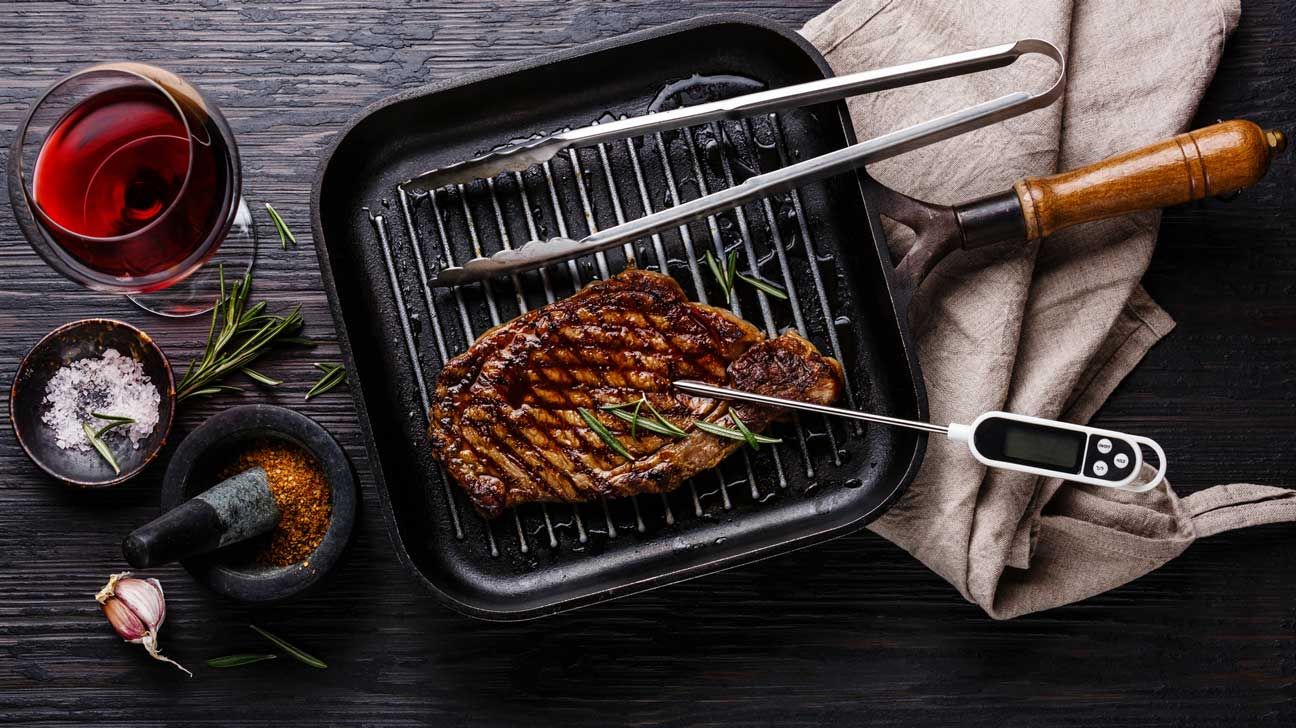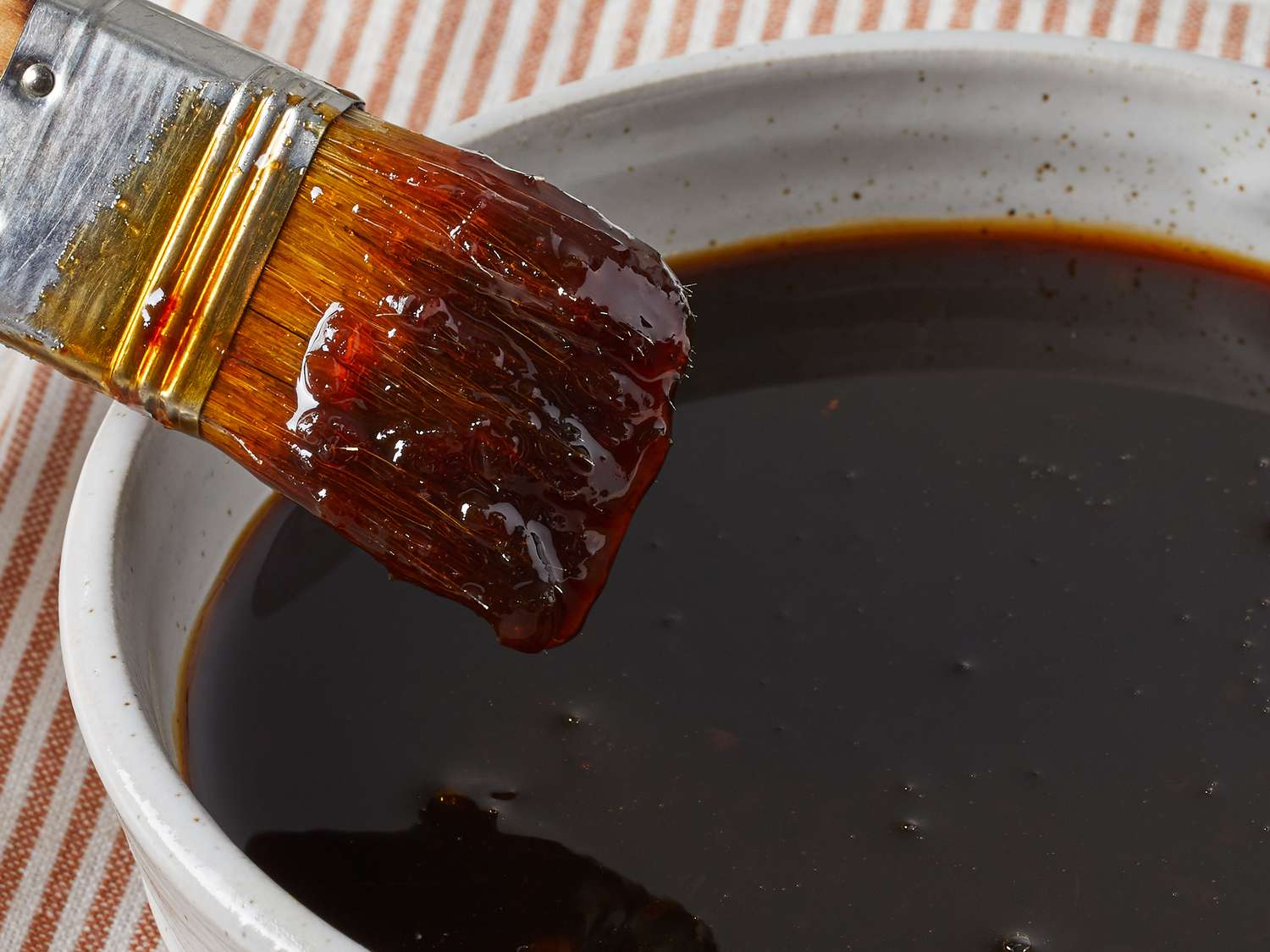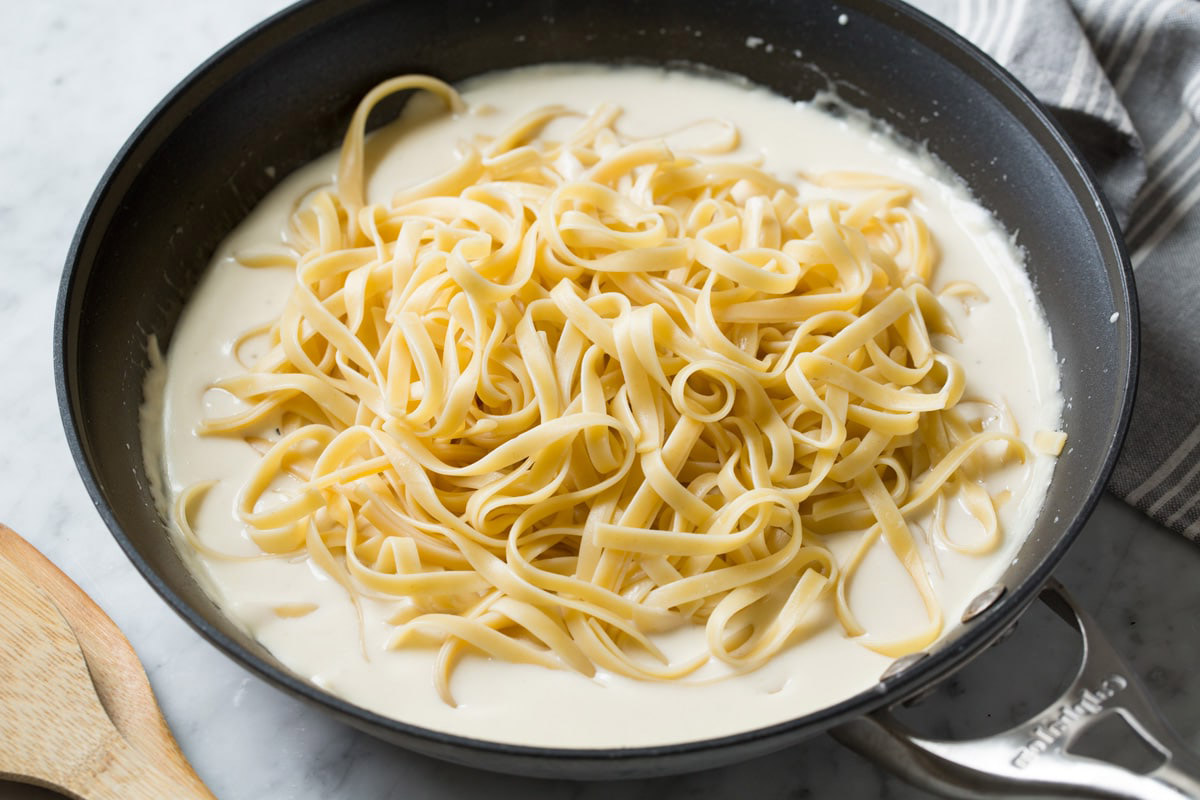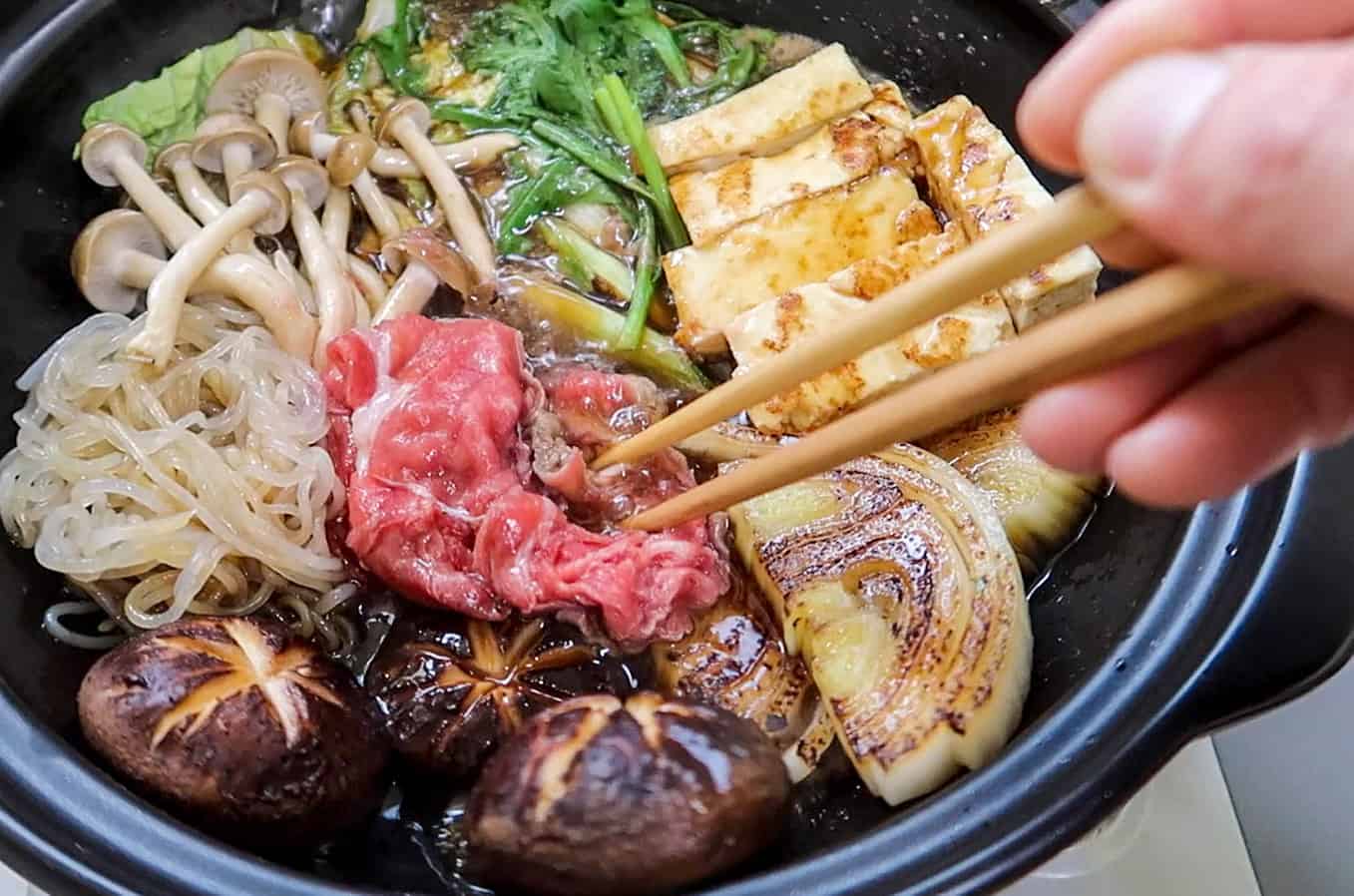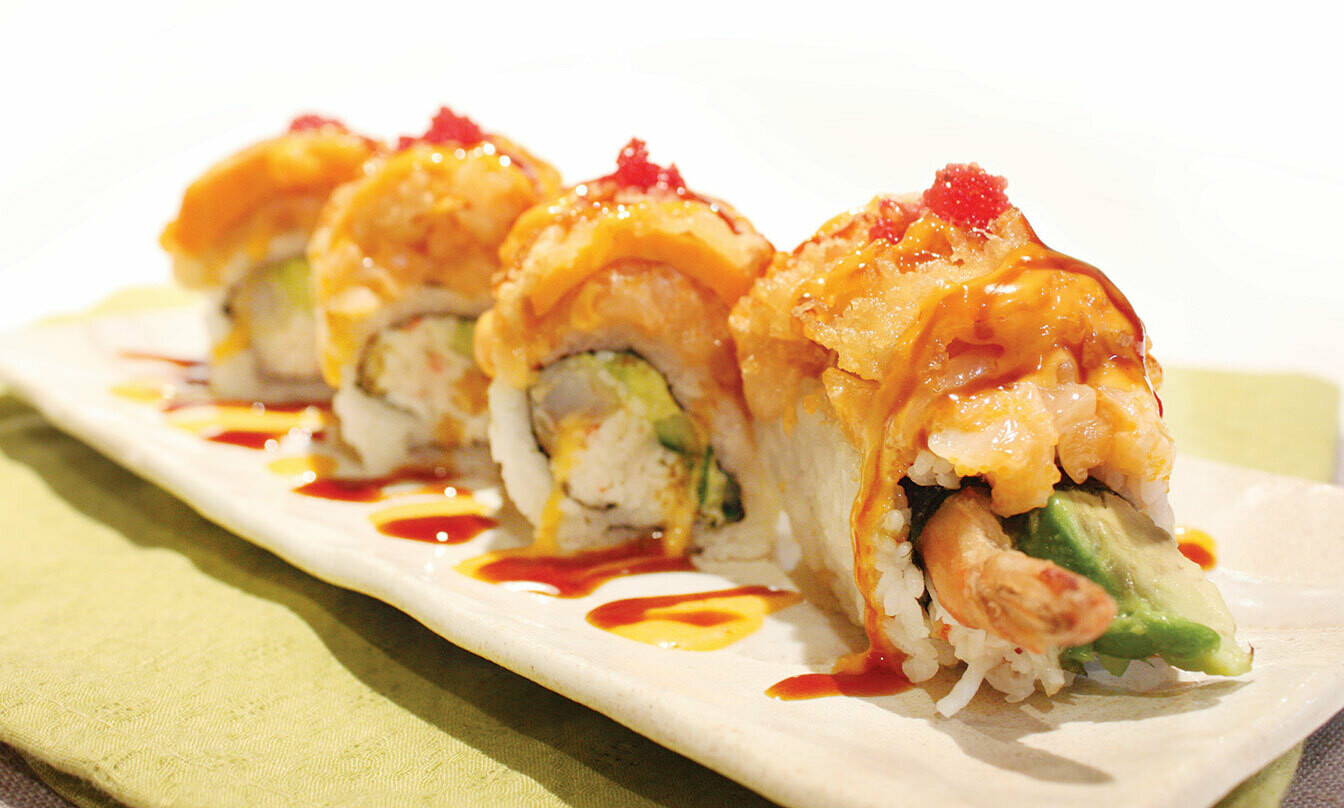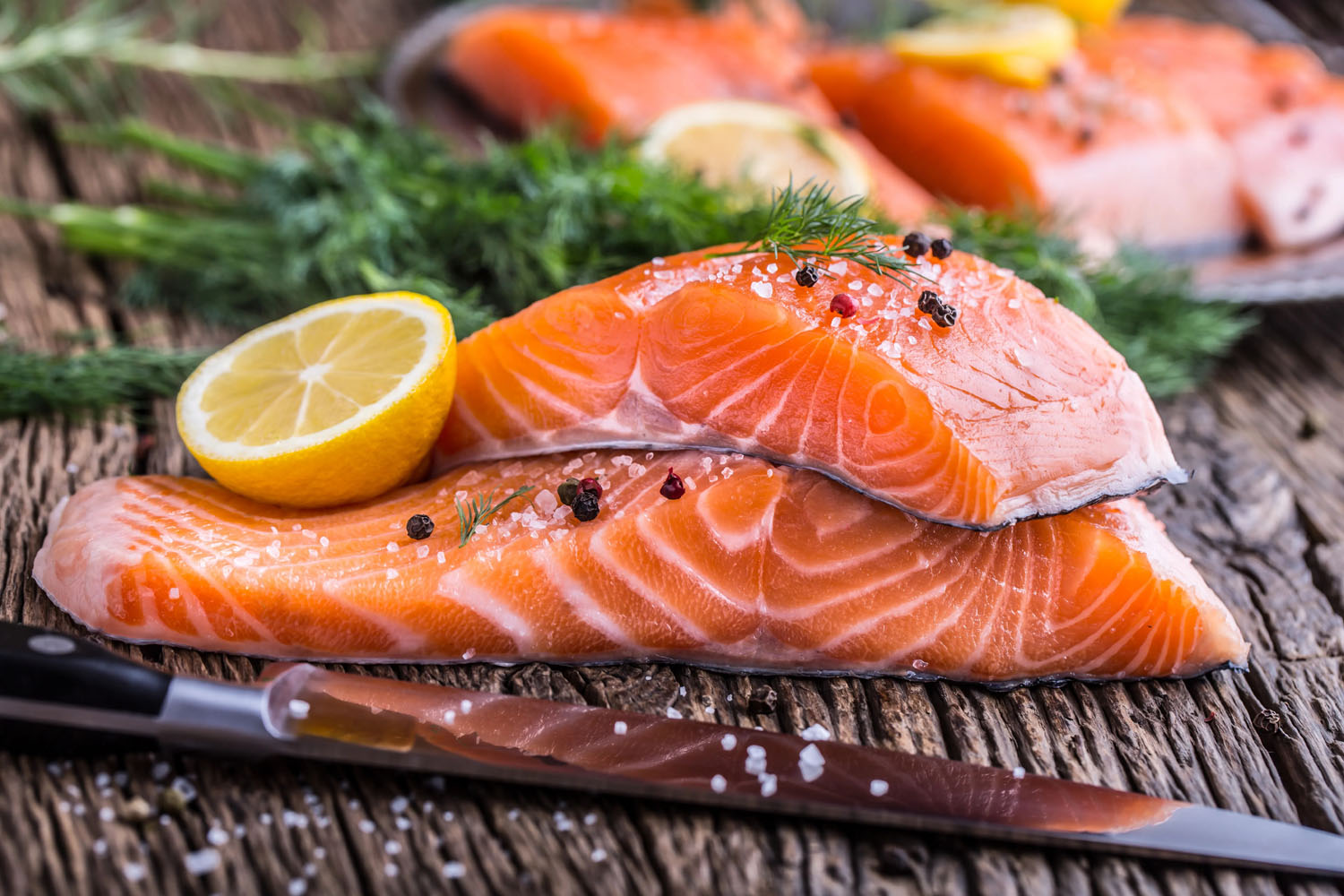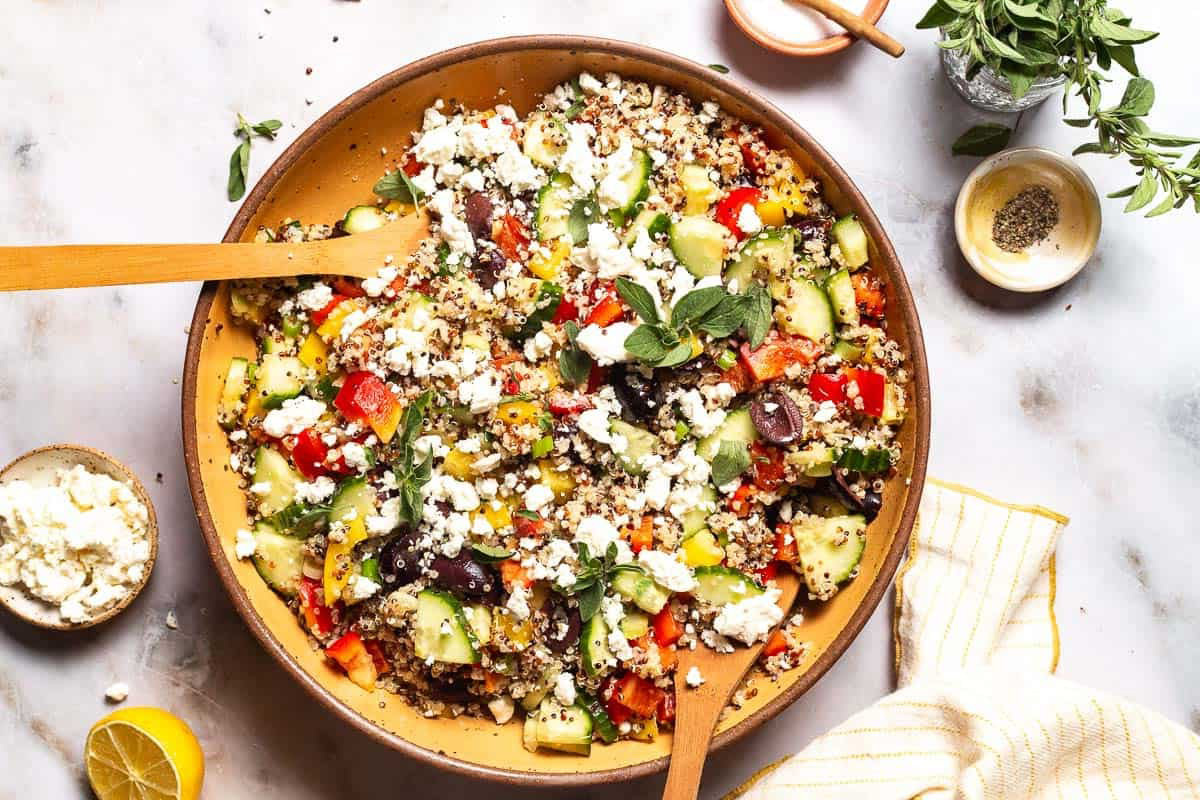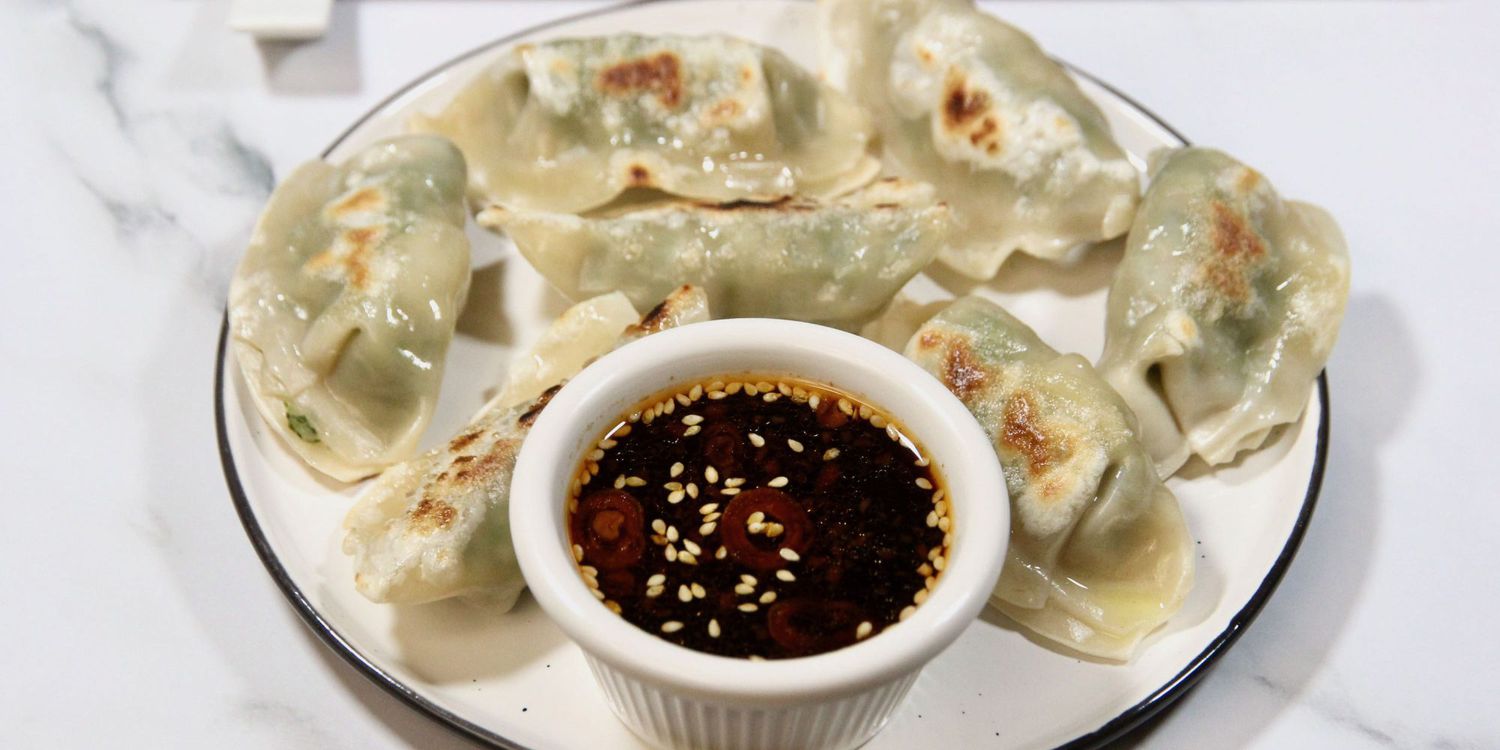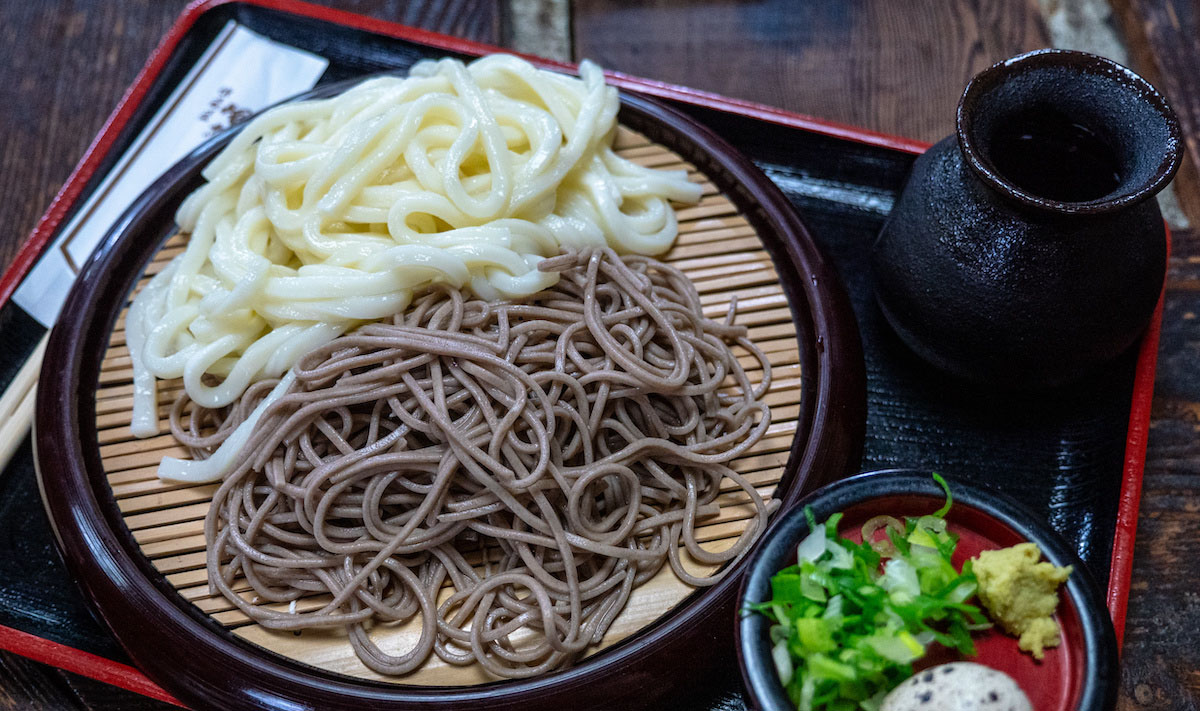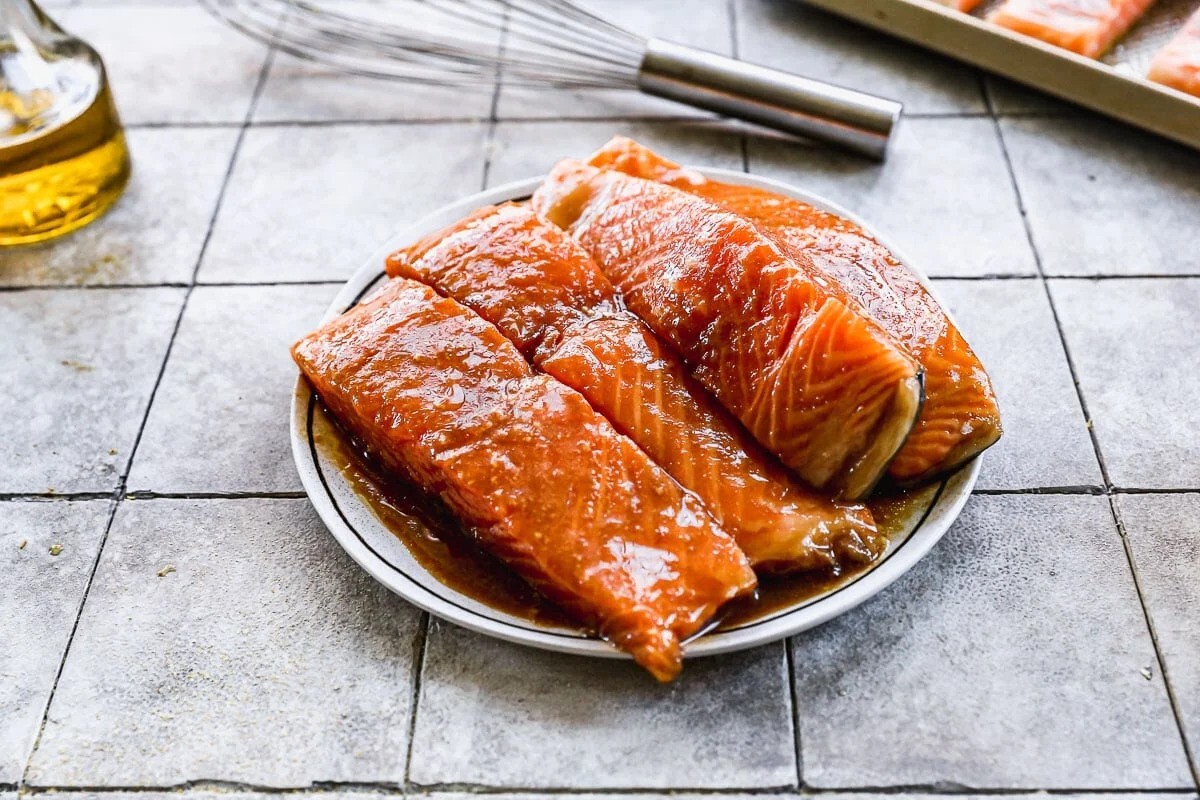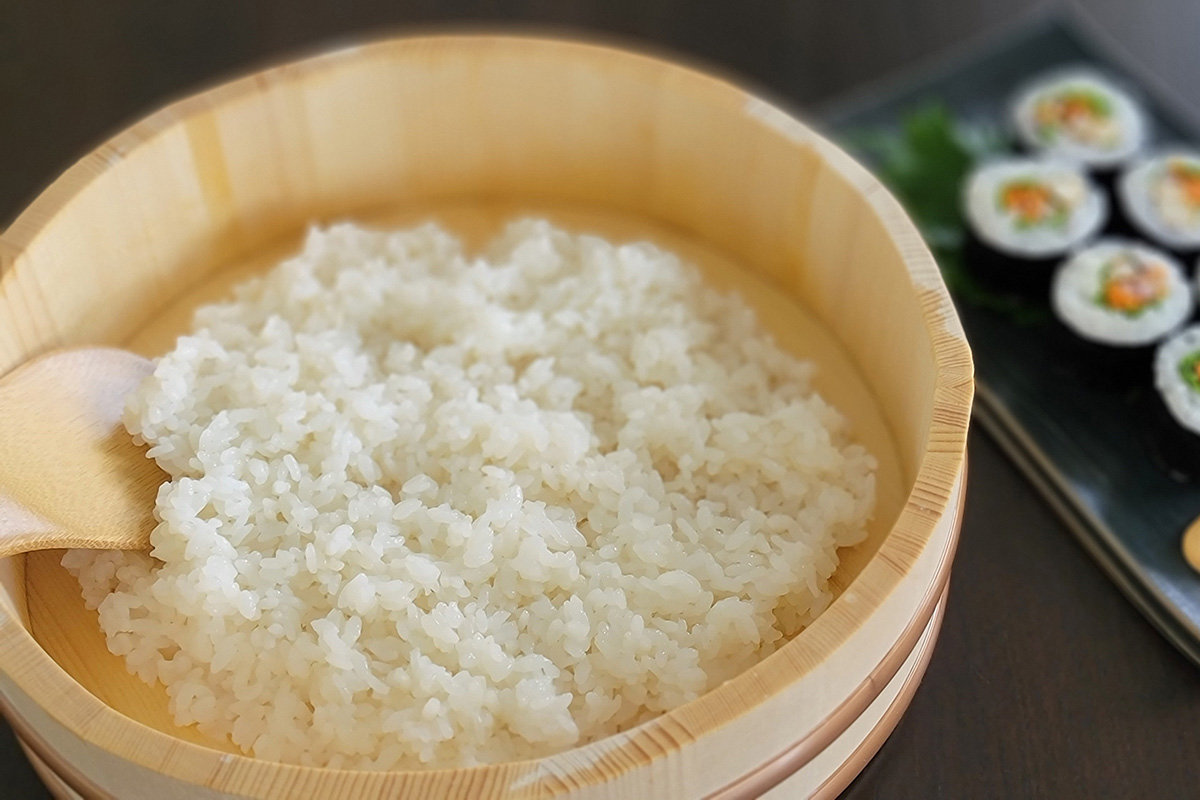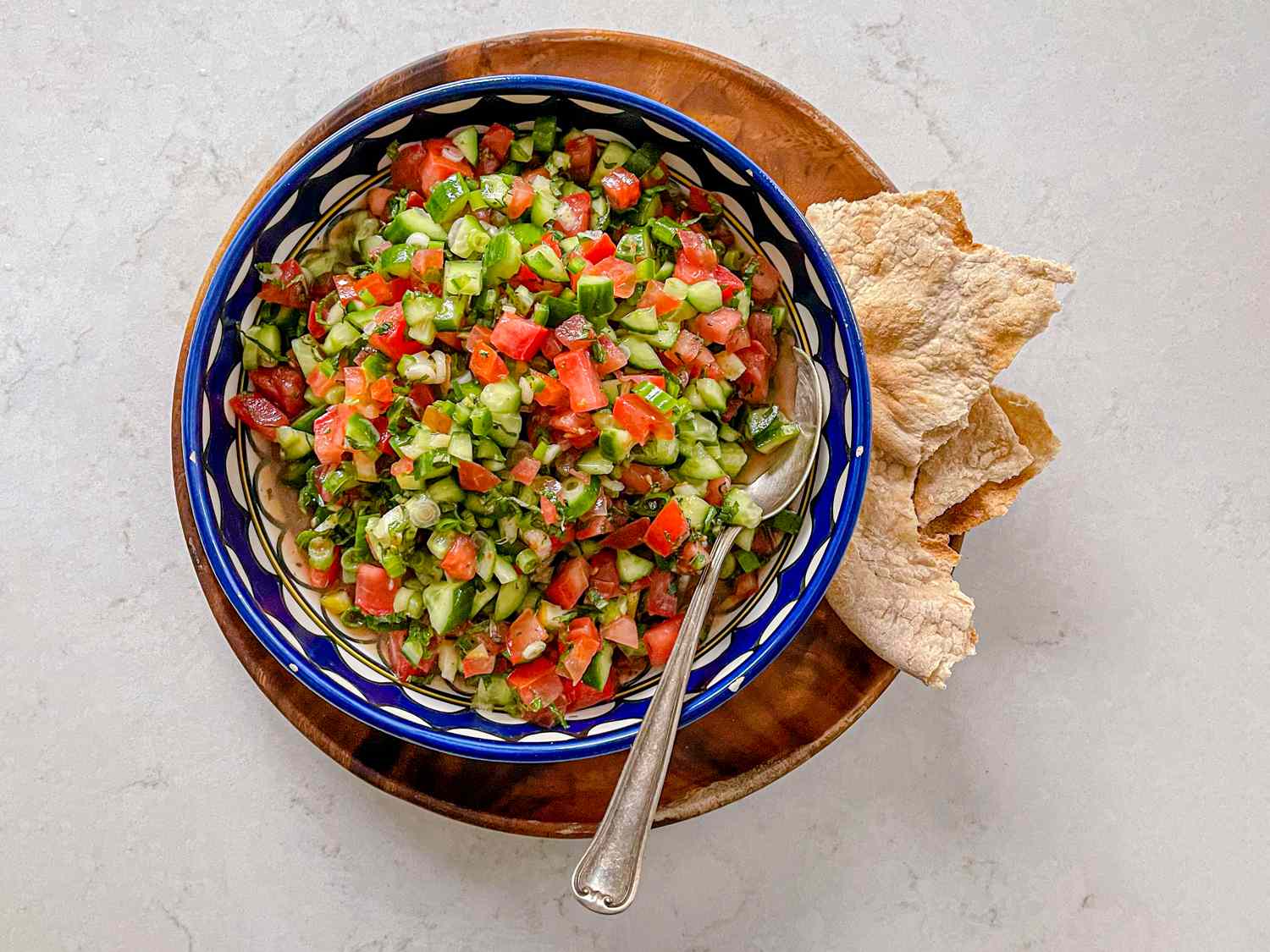Understanding Olive Oil: A Versatile and Healthy Cooking Ingredient
When it comes to cooking oils, olive oil is a popular choice that has been used for centuries. Derived from the fruit of the olive tree, this oil is known for its distinct flavor and numerous health benefits. Let’s explore what makes olive oil so special and how it can be used in a variety of culinary applications.
The Different Types of Olive Oil
There are several types of olive oil, each with its own unique characteristics and uses:
- Extra Virgin Olive Oil: This type of olive oil is extracted from the first pressing of the olives, making it the purest and highest quality. It has a low acidity level and a rich, fruity flavor, making it ideal for drizzling over salads and using in dressings.
- Virgin Olive Oil: Slightly lower in quality compared to extra virgin olive oil, virgin olive oil is also unrefined and has a higher acidity level. It is suitable for cooking at lower temperatures and adding flavor to dishes.
- Refined Olive Oil: This type of olive oil undergoes a refining process, which removes any impurities and results in a lighter flavor. It is a versatile option for cooking and baking.
- Light Olive Oil: Despite its name, light olive oil refers to its mild flavor rather than its calorie content. It is a refined oil that can be used for frying and sautéing.
The Health Benefits of Olive Oil
Olive oil is not only prized for its flavor, but it also offers a range of health benefits:
- Heart Health: Olive oil is rich in monounsaturated fats, which have been linked to a reduced risk of heart disease.
- Antioxidants: It contains powerful antioxidants, such as vitamin E and polyphenols, which help protect the body from oxidative damage.
- Anti-Inflammatory Properties: The compounds in olive oil have been shown to have anti-inflammatory effects, potentially reducing the risk of chronic diseases.
- Weight Management: When used in moderation, olive oil can be part of a healthy diet and may aid in weight management.
Using Olive Oil in Cooking
Olive oil is a versatile ingredient that can be used in a variety of cooking methods:
- Sautéing and Frying: Its high smoke point makes it suitable for sautéing and frying without burning or producing harmful compounds.
- Salad Dressings: Extra virgin olive oil adds a flavorful and healthy base to homemade salad dressings.
- Marinades: The rich flavor of olive oil enhances the taste of marinades for meats, vegetables, and seafood.
- Baking: Olive oil can be used in place of butter or other oils in baking recipes, adding a subtle fruitiness to the finished product.
Choosing and Storing Olive Oil
When selecting olive oil, look for options that are labeled as “extra virgin” for the highest quality and flavor. It’s important to store olive oil in a cool, dark place to prevent oxidation and maintain its freshness. Once opened, use it within a few months for the best taste and nutritional benefits.
Whether you’re drizzling it over a fresh Caprese salad or using it to sear a piece of fish, olive oil is a staple in many kitchens for good reason. Its rich flavor, health benefits, and versatility make it a valuable ingredient for both cooking and enjoying in its natural state.
So, the next time you reach for a cooking oil, consider reaching for a bottle of olive oil and savor the taste of this ancient and beloved culinary treasure.
Was this page helpful?
Read Next: What Is Melba Sauce?
